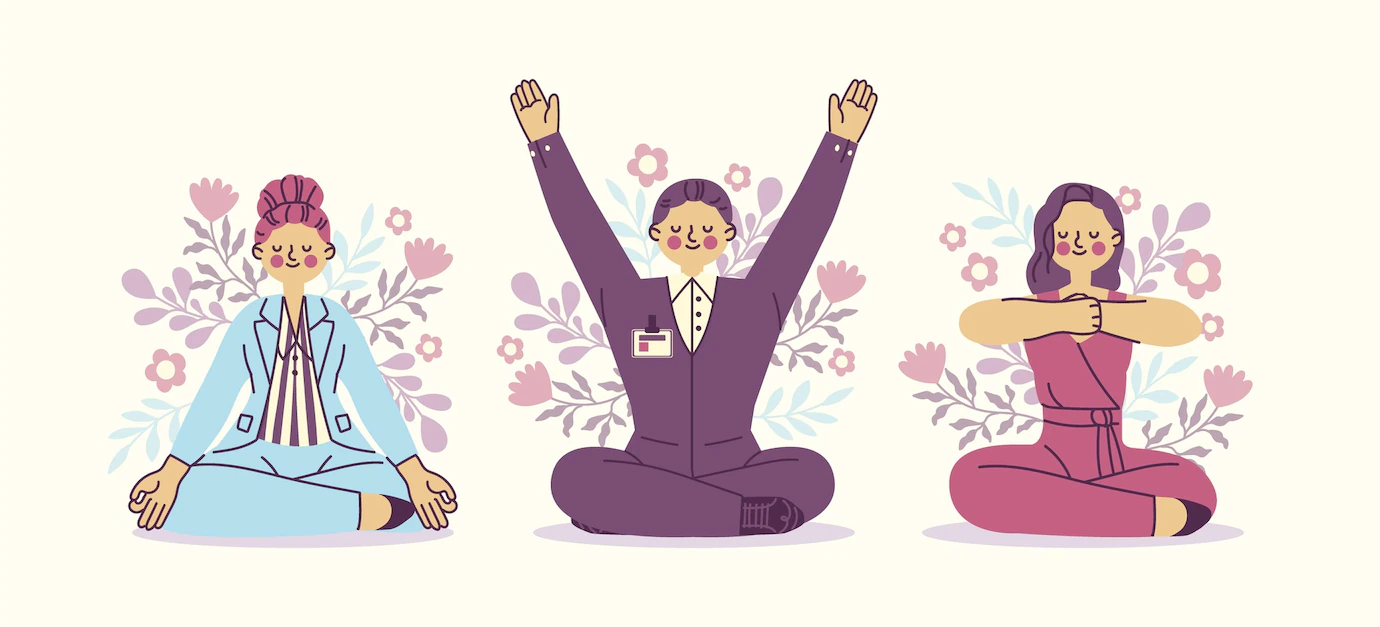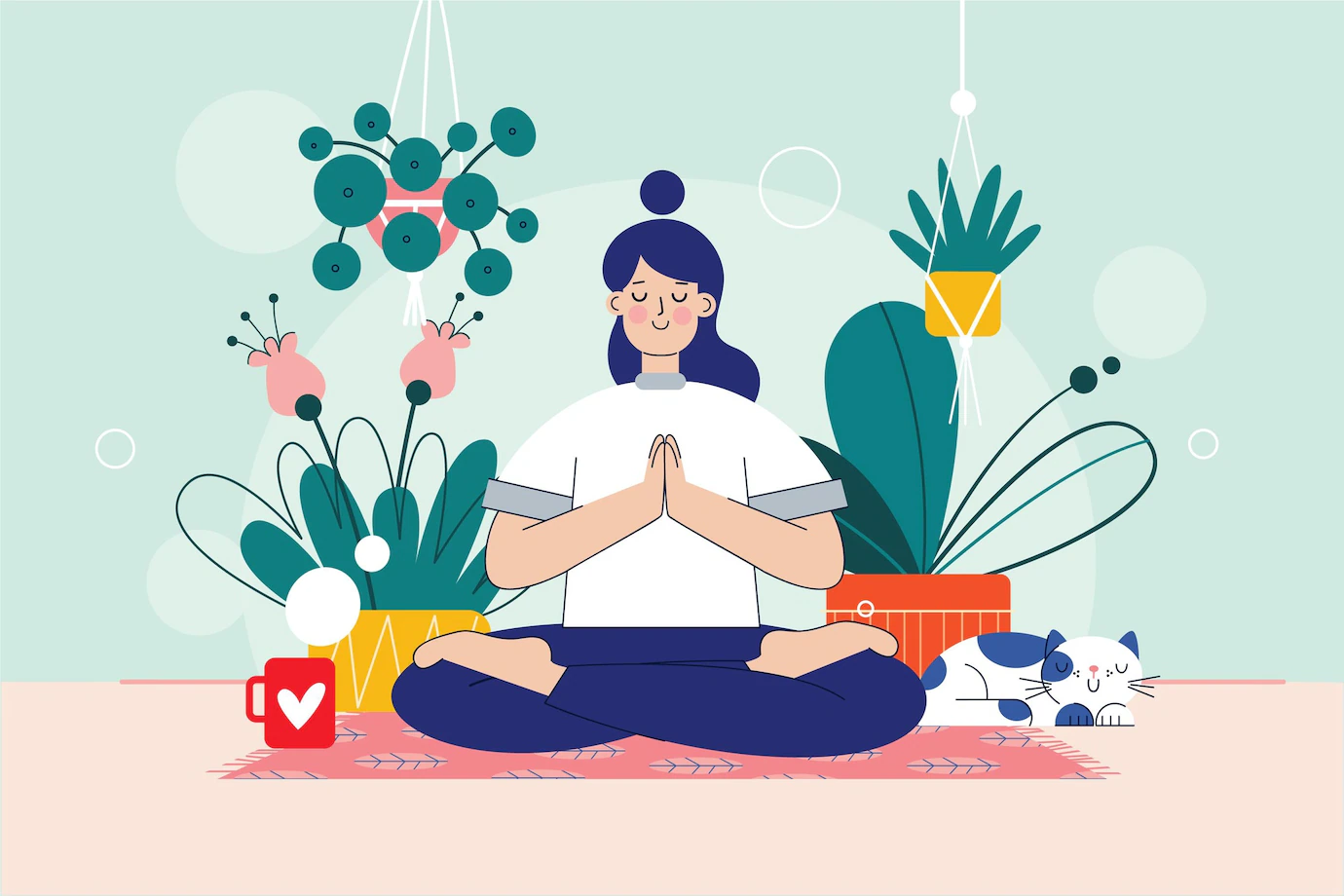- 98143 70700
- info@thehermitage.rehab
- 22, Circular road, Opp. VR Ambarsar, Amritsar

William Henry Dawson in his mesmerizing poem ‘Count your blessings’ said,
“It better be, by far,
If you would train your love to grow
Among the things that are
Just common to your daily life.”
We all have heard in our life to be grateful for our mere existence, and that whatever may come our way, is meant to be for our greater good.
Gratitude is a positive emotion that not only makes us feel warm and good from the inside but also has biological and psychological implications.
According to Harvard Medical School, Gratitude can be defined as, “a thankful appreciation for what an individual receives, whether tangible or intangible. With gratitude, people acknowledge the goodness in their lives … As a result, gratitude also helps people connect to something larger than themselves as individuals–whether to other people, nature, or a higher power.”
Therefore, Gratitude can simply be referred to as an innate feeling that recognizes when something is happening to you, makes you see the good in it, and drives you to feel thankful and appreciative of your reality. Hence, when you experience gratitude, you feel grateful for something or someone in your life and respond with feelings of kindness, warmth, and other forms of generosity.

According to Dr. Robert Emmons, the world’s leading scientific expert on gratitude states that feeling of gratitude involves two stages (2003):
In a state of gratitude, we are more open to life. We affirm that all in all, life is good, and has moments that make it worth living, and rich in texture. The acknowledgement that we have received something gratifies us, both by its presence and by the effort the giver put into choosing it.
We acknowledge that other people, animals, the world, or even some divine power is helping us to achieve this goodness in our life.
These two stages combined form a bigger circle of gratitude in our lives that not only impacts us internally but externally as well.
It builds a social context by enriching our lives with thankfulness and the need to repay this kindness as insight is gained into how other people have supported and affirmed our life.
In the end, it builds a society where bonds are strengthened between members of the same species who mutually helped each other out.

Now that we are aware of what Gratitude is, we need to understand how it may benefit us if we choose to practice it.

Appreciating the things you are blessed with will help you in better sleep, managing your stress and anxiety, helping you to open up for solution based approaches. In turns, it will elevate your overall health.

Thus, it can be clearly stated that practicing gratitude has a long list of gains that can make anyone’s life full of contentment and tranquillity. But like any other thing, it is an art, which has to be learned gradually and whose every step shall be enjoyed to make it worthwhile.
To achieve a state of gratitude, you may take professional help in case you are struggling with any kind of mental trauma. Practicing gratitude will help you out in stress management, anger management or depression treatment. At Hermitage Rehab- Best Treatment for Addiction, Mental Disorders or Stability, you may get consultation or counseling session for your better mental health.
WhatsApp us